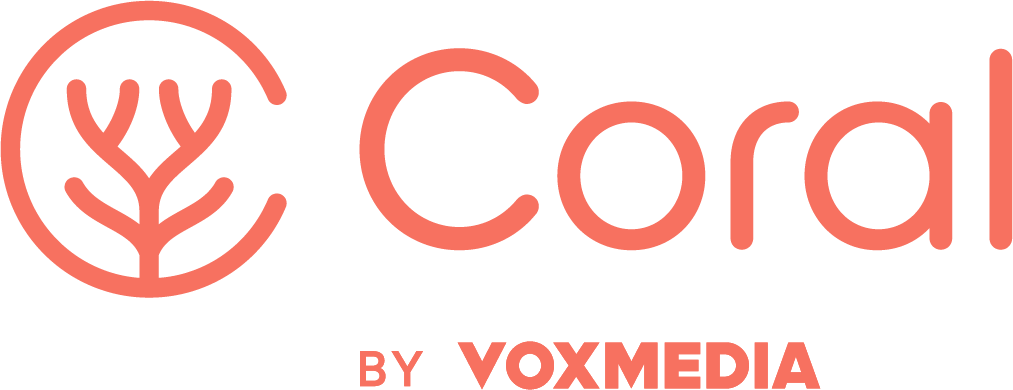Lots of people are asking what we think about NRK, the Norwegian tech site that forces commenters to answer factual questions about the article correctly in order to comment.
In fact, they’re not the only ones to come up with this concept: The Gadfly Project at Berkeley worked on an automated version of a similar solution in 2016. The idea of slowing down the commenter before their comment is published is also part of Civil Comments‘ special sauce.
Firstly, we should say that any innovation in digital community management is to be encouraged. It’s great to see people talking about new ways of thinking about the space, and this site clearly does care about its comments.
There are a few issues with the technology they’re using, though: it’s a bespoke WordPress plugin (now open sourced) that a technically minded person can easily evade, and it also requires extra work for journalists, since they need to write the questions. That’s ok for a small tech site, but would place a heavy burden on a site like The Washington Post, which puts out around 1,200 stories a day.
Forcing readers through a quiz-style obstacle course might make them think an organization is trying to keep them at arm’s length rather than engaging with them more closely. And even if making users pass a memory test does force the angriest ranters to calm down, it doesn’t address the biggest problem with comment sections: there is a general lack of newsroom strategy, intention, and proactive engagement within the space.
We’ve learned from our extensive research that many newsrooms don’t connect comment sections, user engagement, or any kind of direct interaction with their journalistic mission. A lack of engagement means missing vital opportunities to improve their journalism, increase trust in their work, add to the diversity of voices in their coverage, and open up several potential new revenue streams — at a time when all of these are sorely needed by everyone.
We do believe that questions are at the heart of improving community practice – but not simply questions designed to test your knowledge. We need to ask more open-ended questions, and listen carefully to the responses. Only then can we truly be a part of the community, instead of keeping our distance from it.


![[IMAGE] Three multiple choice questions in Norwegian and a submit button](https://guides.coralproject.net/wp-content/uploads/2017/03/Screen-Shot-2017-03-10-at-6.11.37-PM.png?w=1337&h=500&crop=1)